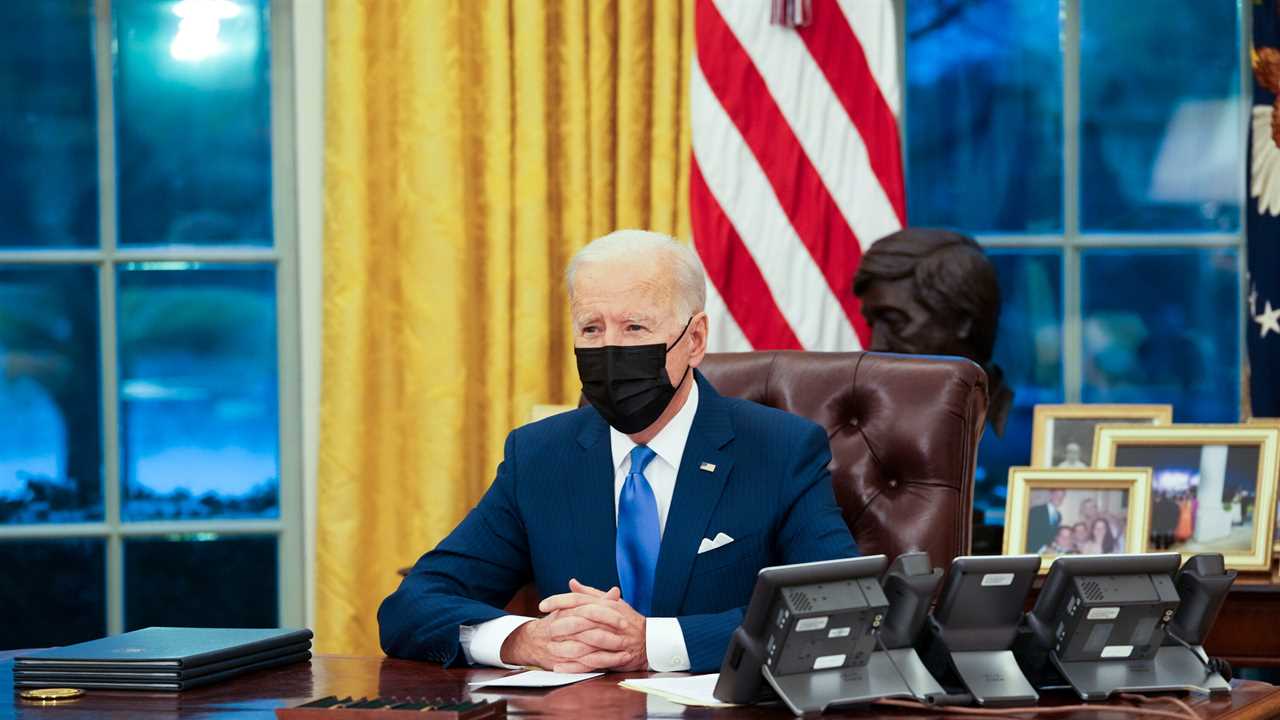
WASHINGTON — President Biden’s allies say that with the distraction of the impeachment trial of his predecessor now over, he will quickly press for passage of his $1.9 trillion coronavirus relief plan before moving on to an even bigger agenda in Congress that includes infrastructure, immigration, criminal justice reform, climate change and health care.
Mr. Biden has so far succeeded in pushing his agenda forward even amid the swirl of the impeachment, trial and acquittal of former President Donald J. Trump. House committees are already debating parts of the coronavirus relief legislation he calls the American Rescue Plan. Several of the president’s cabinet members have been confirmed despite the Trump drama. And Mr. Biden’s team is pressing lawmakers for quick action when senators return from a weeklong recess.
Without the spectacle of a constitutional clash, the new president “takes center stage now in a way that the first few weeks didn’t allow,” said Jennifer Palmieri, who served as communications director for President Barack Obama. She said the end of the trial means that “2021 can finally start.”
In a statement after the trial, Mr. Biden restated his hopes for bipartisan support, vowing to work across party lines to “heal the very soul of the nation.” But Mr. Biden’s prospects are complicated by the fact that much of his agenda is aimed at dismantling Mr. Trump’s policies or addressing what Democrats have cast as his failures, most significantly the fumbled response to the pandemic.
And the 43 “not guilty” votes from Senate Republicans on Saturday cast in sharp relief both the political opportunities and challenges ahead for Mr. Biden: a small minority of Republican senators willing to brave the wrath of Mr. Trump’s powerful political movement by voting to convict him, while Mr. Trump continues to hold sway over most of his party.
The reality is that Mr. Trump’s influence with Republicans will be an obstacle for Mr. Biden’s priorities even with the former president’s departure from Washington. Even with control of both houses of Congress, Democrats will still need some Republican support on many of Mr. Biden’s agenda items to overcome a filibuster in the Senate.
“Trump certainly will continue to be a force in the Republican Party. They have to decide whether they are captive to that or not,” said Winnie Stachelberg, an executive vice president at the Center for American Progress, a liberal think tank. “President Biden has the well-being of the American people squarely in focus. He is not going to be derailed and distracted from that primary mission, whatever former President Trump is doing as a sideshow.”
In recent days, senior members of Mr. Biden’s team have begun internal meetings at the White House to discuss what the next phase of his agenda will look like and how it will be rolled out, according to two top White House advisers. Some of that could be revealed publicly in March, when Mr. Biden is expected to deliver a joint address to Congress, as is traditional in a president’s first year in office.
Administration officials acknowledge that there will now be more public attention on Mr. Biden, a reality they plan to capitalize on early this week with the president’s first substantive trip outside Washington. Mr. Biden will participate in a CNN town-hall-style event on Tuesday in Milwaukee and will travel to another part of the country on Thursday, officials said.






